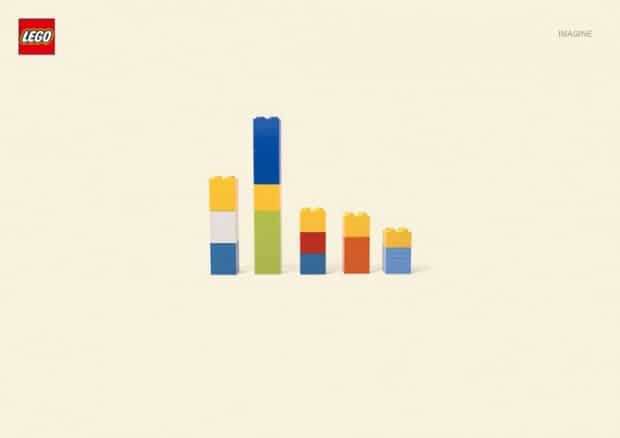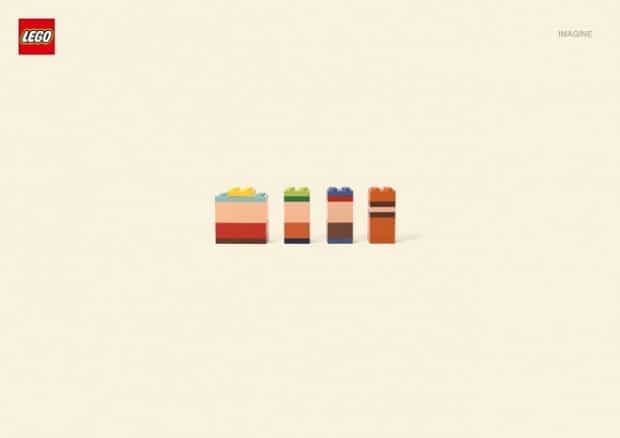This is an interesting look at the ingrained problems that advertisers have with reaching their audience on Facebook. Essentially if you pay to promote your page on Facebook, you’re going to end up with a largely diluted audience of disengaged followers. You’ll then need to pay Facebook again to promote your post in order to reach your real audience.
Tag: Ethics
What Happened to Lego?
Lego has undergone quite a change. Legos used to be simple he says in the video. Now Lego is anything but simple. Instead Lego has chosen to focus on cross-branded sets, like Harry Potter and Star Wars. The kits that used to allow for – and encourage – creativity, imagination, and experimentation now build one thing only. What’s on the box.
Unfortunately no one seems to have told Lego’s marketing department about the dramatic shift in the product design. Ads that are passed around the internet lately contrast strongly with the actual product. It’s hard to find a better example of disingenuous advertising.
As someone who grew up adoring Lego, this change really saddens me. As a parent whose child is nearing Lego age, I’m nervous about buying Lego for her.
A 1981 ad that captures the Lego spirit.
A recent sampling from the Imagine campaign.
Some more recent examples of Lego selling imagination. (Simpsons, South Park, Teenage Mutant Ninja Turtles).
Examples of the current product. How does the product compare to the ads?
Yellow Pages Struggle to Maintain Relevancy
I received this email from a client, who got it from her latest Yellow Pages account person (she gets a new one each year, I guess her territory isn’t very valuable). We both had a bit of a chuckle about YPG’s latest attempt to stay relevant. On one hand at least they’re trying something, but you can’t help but wonder when they’re going to address the elephant in the room: their core business is dying. This effort does nothing to address that, and is ultimately pretty hollow. The Yellow Pages have been replaced by Google, game over.
I’ve written before about the death of the Yellow Pages. Hating on the Yellow Pages is nothing new, rather it’s become pretty fashionable to do. While part of me feels sad for the people who’s livelihood depends on this business – it must be pretty hard to watch it die such a slow death – I think its end is long overdue.
I wonder, do people who work for the Yellow Pages use their own product, or do they just Google everything like the rest of us?
Yahoo Finance Ads Spoil Credibility
I saw this over on the 37signals blog, where it was pointed out that running such shady ads next to your serious financial content doesn’t do you any favours in the credibility department.
Marketing with Lies
I talk about lies in marketing often—probably because I find them so offensive. It’s a little bit like hating garbage, though: It’s not hard to find these things offensive.
I received this voicemail the other day. It is (for lack of a better word) a scam. I’ve been building websites and involved in search engine listings since 1996; I know how search engines work. The things said in this voicemail range from misleading to outright false. It sounds pretty convincing, however, and if I didn’t know better, I could probably be convinced to part with some money for this snake oil.
This reminds me of the Domain Registry of Canada, a similar operation that relies on misleading marketing and half-truths for its business model. I won’t get into its operation here, but if you Google “Domain Registry of Canada scam,” you’ll turn up plenty of write-ups.









